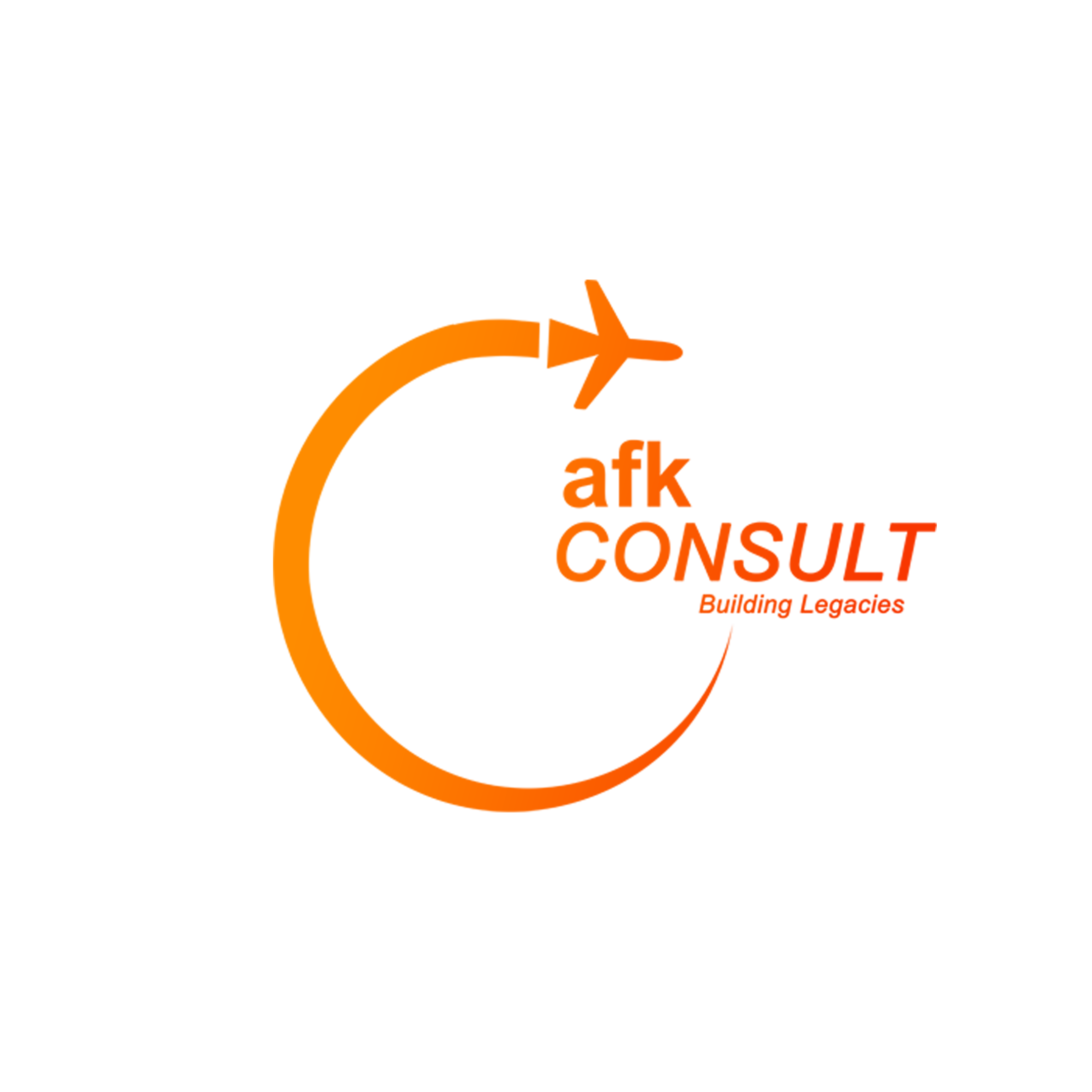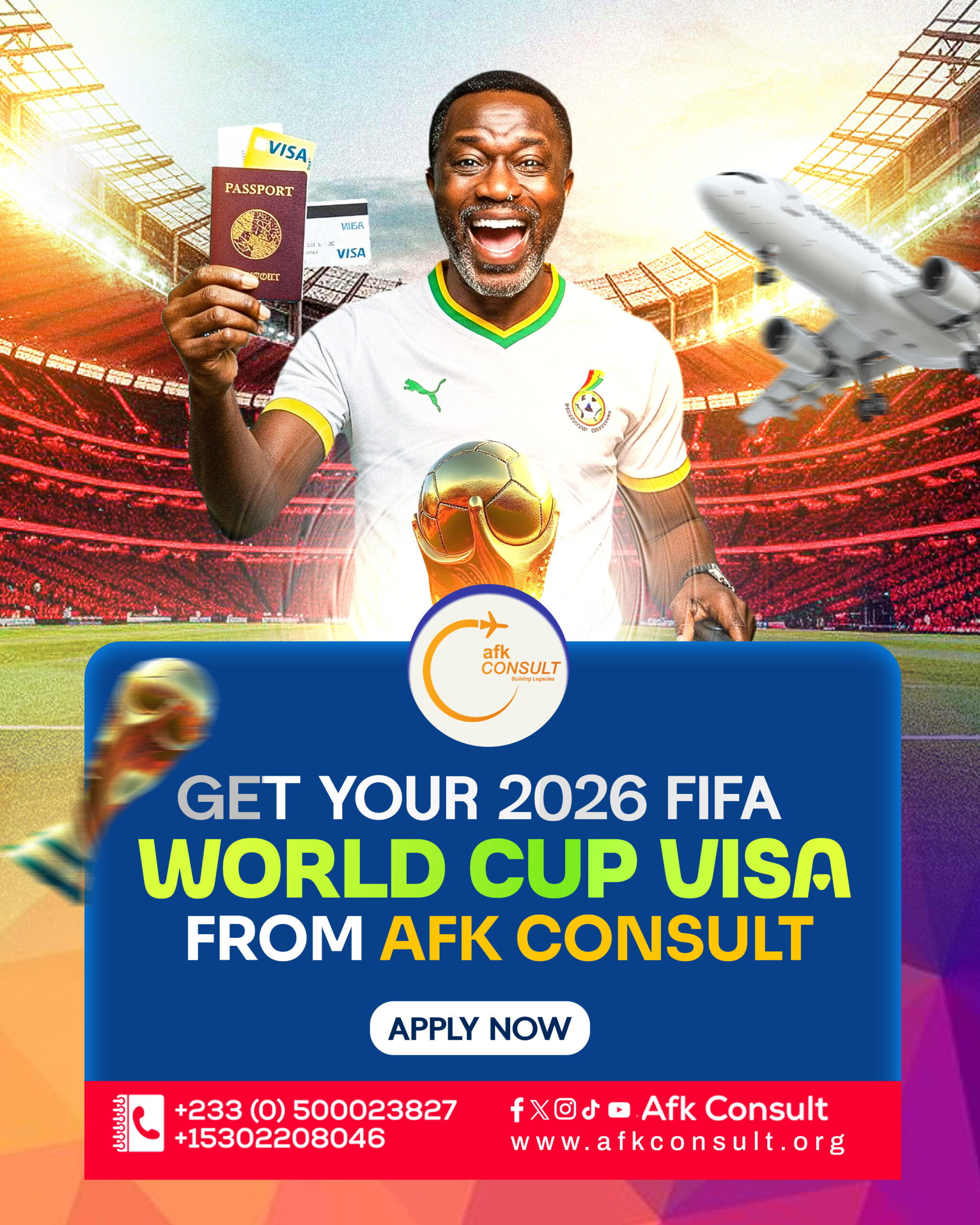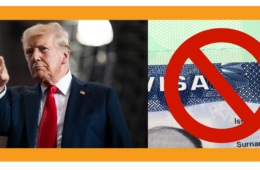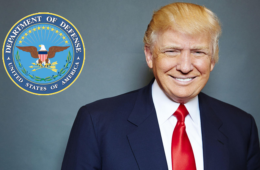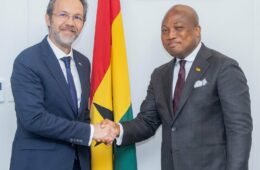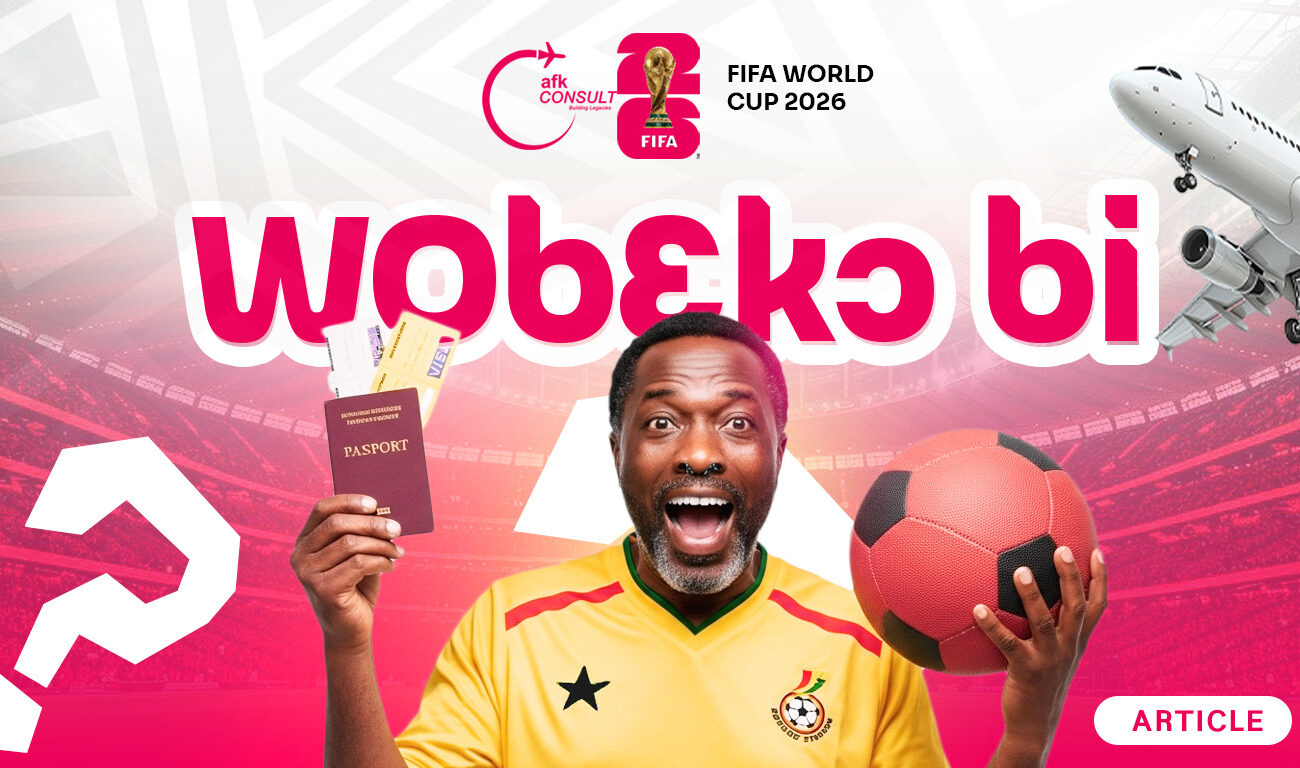
FIFA WORLD CUP 2026, Wo b3 k) bi?
If you’re planning to apply for a U.S. non-immigrant visa (e.g., a tourist visa) at the U.S. Embassy or a U.S. consulate for an event like the FIFA World Cup 2026, here is a detailed guide with tailored advice and hints to help you prepare well. Although the “World Cup” context doesn’t change the visa fundamentals, you should emphasise that your visit is short-term, well-planned, and you will return home after. I’ll cover: what the consulate looks for, key steps, what to bring, how to prepare, and things to avoid.
If you’re planning to apply for a U.S. non-immigrant visa (e.g., a tourist visa) at the U.S. Embassy or a U.S. consulate for an event like the FIFA World Cup 2026, here is a detailed guide with tailored advice and hints to help you prepare well. Although the “World Cup” context doesn’t change the visa fundamentals, you should emphasize that your visit is short-term, well-planned, and you will return home after. I’ll cover: what the consulate looks for, key steps, what to bring, how to prepare, and things to avoid.
 What the consular officer will assess
What the consular officer will assess
When you go to your interview, the officer’s main concerns (for a non-immigrant visa) will be:
Purpose of travel: That your stated reason (e.g., attending matches, tourism) is genuine and clearly explained.
Duration and plans: That your stay is limited and you have a plausible itinerary (e.g., dates, cities, tickets, accommodation).
Financial ability: That you can cover your trip without needing to stay in the U.S. permanently (or taking unauthorised work).
Ties to your home country: Showing that you have compelling reasons to return home (job, business, family, property, ongoing commitments). VisaVerge+3placement-international.com
Honesty & consistency: That your answers match your application (e.g., the DS-160), that you’re truthful and carry supporting documentation.
Because the World Cup trip might involve a high-profile event and potentially large cost or unusual travel patterns, you’ll want to ensure clarity and strong documentation so the officer feels comfortable with your scenario.
 Step-by-step preparation checklist
Step-by-step preparation checklist
Here’s how to prepare from start to finish:
1. Complete the online application (DS-160) and pay fees
Fill in your DS-160 form entirely and honestly.
Pay the required visa application fee and any other fees.
Schedule your interview at the U.S. embassy/consulate in your country. Note: slots may fill fast—plan ahead.
2. Gather documents
Bring all required documents. Some key ones for your case (tourism + big event) include:
Valid passport (with at least six months validity beyond your planned stay).
DS-160 confirmation page.
Appointment confirmation.
Visa fee payment receipt.
Proof of payment/registration for the event (e.g., match tickets or booking for FIFA World Cup 2026).
Travel itinerary: dates, cities, accommodation bookings. (For example, you may be traveling between stadium cities.)
Proof of funds: bank statements, pay slips, any sponsorship letter if someone else covers costs.
Proof of ties to your home country: e.g., employment letter, business registration, property ownership, family responsibilities.
Optional but helpful: travel insurance, prior travel history, letter from employer approving leave, etc.
3. Prepare your interview answers
Be ready to clearly state: “I will attend World Cup matches on these dates; I’ll stay from this date to that date; then return home because…”
Practice key questions such as:
Why are you going?
Which cities/stadiums?
How long will you stay?
Who pays for the trip?
What do you do at home? Why will you return?
Have you visited the U.S. before (or any other major travel)?
Keep your answers short and to the point; don’t ramble.
Practice speaking clearly and confidently; your body language and demeanour matter.
4. On the day of the interview
Dress neatly—business casual is fine; you don’t need a full suit but look professional.
Arrive early (allow time for security screening).
Bring everything organised in a folder so you can present documents easily.
Answer only what is asked; don’t volunteer extraneous information.
Be calm, honest, and polite. If you don’t understand a question, ask for clarification
5. After the interview
If approved, you’ll be told how/when you’ll get your passport with visa.
If additional processing or documents are needed, follow instructions exactly.
If denied, you’ll get a refusal explanation; you may reapply but you’ll need to address the reason for denial.
 Special hints considering the World Cup scenario
Special hints considering the World Cup scenario
Since you’re attending a high-profile event (World Cup 2026), here are extra hints:
Tickets or proof of registration: If you are travelling specifically for the World Cup, have your match tickets or booking confirmation ready/printed. It shows purpose.
Accommodation and transport plan: Since the event will involve moving between cities/stadiums, carry a rudimentary itinerary (which city you will be in on which dates) to show you’ve planned.
Return-home plan: Because big events may raise questions about overstays, make sure you emphasise your return plan: e.g., work obligations, family commitments at home, etc.
Financial readiness: Show you have budgeted for the bigger cost of such travel (flights, accommodation in event‐city, match tickets).
No ambiguity about purpose: If you say “just sightseeing” it might be less convincing than “attending the World Cup matches and exploring the USA for X days.” Be specific.
Be realistic about stay duration: Don’t propose to stay far longer than needed for the event; it may raise concerns.
Avoid appearance of intending to work or settle: Even if you meet footballers or have plans, you must emphasize you’re a visitor, not going to work.
Backup plan/documentation for extra costs: Travel during such events may be more expensive—having a bank statement or sponsor letter shows you are ready.
 Common mistakes to avoid
Common mistakes to avoid
Giving inconsistent or false information. Lying can lead to visa denial or future ineligibility.
Showing weak ties to your home country: if the officer doubts you’ll return, that’s a major red flag.
Over-preparing scripted answers: If you sound rehearsed, mechanical or fake, it can hurt you.
Being late, poorly dressed, or disorganised at the embassy. First impressions matter. Bringing unnecessary companions to the interview (you should go alone unless special circumstances).
Carrying prohibited items (phones, large electronics may be restricted) or not checking embassy instructions.
 Quick summary checklist for you
Quick summary checklist for you
Fill DS-160 and pay fee.
Book interview early (for 2026 World Cup, book well ahead given expected demand).
Gather documents: passport, fee receipt, itinerary, ticket/World Cup evidence, funds proof, home-ties proof.
Prepare concise, honest answers explaining purpose, duration, home ties.
Dress neatly, arrive early, bring all docs organised.
On interview day: Stay calm, answer questions clearly, don’t ramble, speak only to the officer.
After: follow instructions and wait for your passport/visa.
Travel with Afk Consult, follow us on our social media platforms
